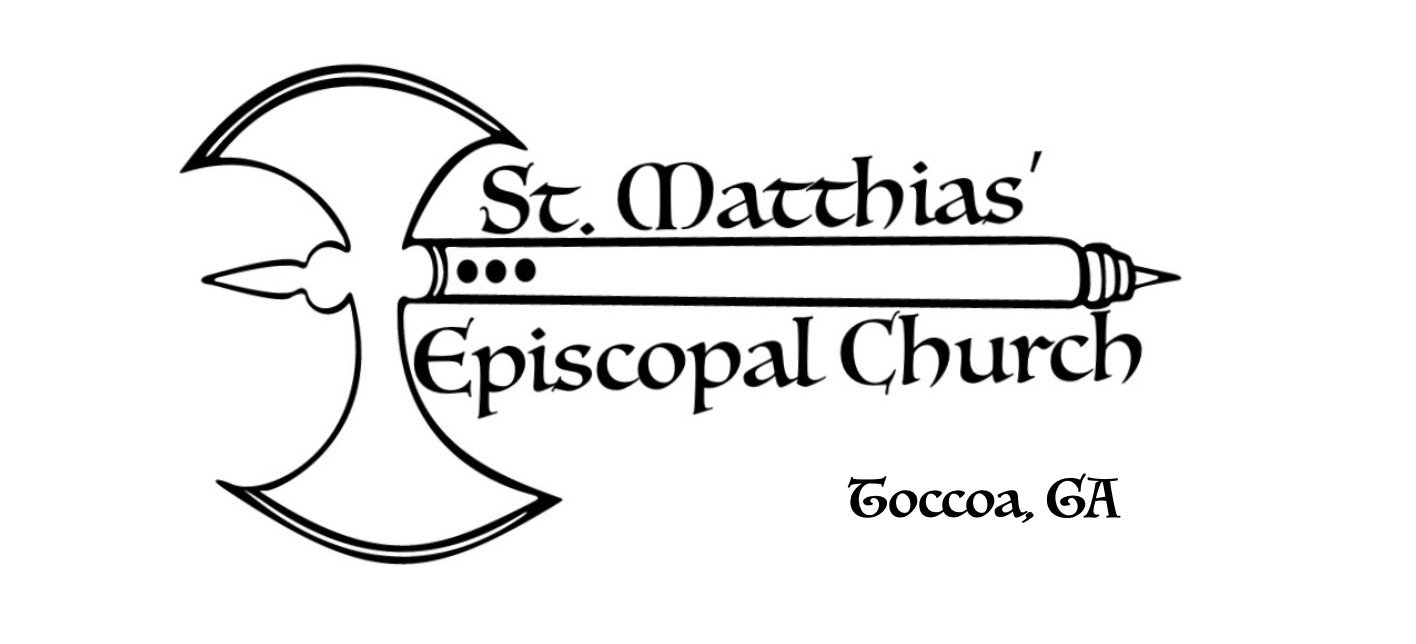Introduction to A.C.T.S-- Adoration of God
One of the questions that invariably arises when talking about prayer is “how should I/ we pray?” In fact, this is one of the few questions that the disciples asked, where Jesus actually gave a straight answer: “when you pray,” he said “say, “Our Father in heaven…” Therefore, it is important to provide an answer to those who ask. The tricky part in answering those who have already learned the Lord’s Prayer, but want more out of their prayer life, is that there are a number of ways to pray. Prayer is our communication with God; and just as there is no one right way to communicate with our friends, family, or spouse, there is really no one right way to communicate with God. That being said, communication within relationships evolve over time, and it is no different with God ( at least on our end.) One of the helpful prayer types that was taught to me many years ago, is the mnemonic device of A.C.T.S. This stands for a prayer which has the components of Adoration, Confession, Thanksgiving, and Supplication.
Utilizing all these facets of prayer, in this order, helps alleviate the temptation to just bring God a laundry list of needs, wants, and desires. We begin with adoration or praise and worship of who God is. Followed by confessing our sins and asking for forgiveness. We then offer thanks to God for the provision in our lives. And we conclude with supplication, bringing to God those things for which we need. This is a beneficial model for praying, especially if prayer is something new.
Over the next four liturgical seasons: Advent/Christmas, Epiphany, Lent, and Easter, we will be focusing on one of these components. During Advent and Christmas we will concentrate on the ways in which we can adore God.
Adoration is often defined as praising God for who God is. In adoration, the Triune God: Father, Son, and Holy Spirit is the object of our worship and exaltation. We praise the very nature of God, reminding ourselves that the Father is the most holy, almighty creator of the universe. Jesus is the King of Kings and Lord of Lords. The Holy Spirit is the life-giving counsellor and guiding advocate of our lives. These are just words though. Think of the relationships we have with those we adore. How do we adore them?
Some examples might be: Being present with them. Serenading them. A touch. A look. Bringing flowers. Caring and loving who they are. Doing things for them. Watching a movie of their choice. Sharing yourself, your dreams.
So…how do we do this with God? How do we practice adoration in this intimate way, beyond just praising God with words. This is our Advent and Christmas season focus. The Wednesday evening services will focus on times of Adoration. There will be times of silence in each service, where we can just be with God. Much of our intimate moments come from just being next to and close to someone. Silence allows God to come near, allows the space for such intimacy to occur. We don’t have to think of what we need to say next, because in silence there is nothing to say. There is only the opportunity to be with God, to give your love and receive God’s. There will be times to sing in praise and worship. Singing is another powerful way to adore God. We can adore through offering ourselves as living sacrifices to those around us…being a witness of God’s glory and love.
I invite us into this journey of prayer over the next six months, going deeper in our relationship with God through Adoration, Confession, Thanksgiving and Supplication. I, especially, invite us to begin this in this holy season of Advent, heading toward the celebration of the Incarnation of Jesus Christ on Christmas Eve. For on that most holy night we will petition one another and the world singing, “O, come let us adore him. O, come let us adore him. O, Come let us adore him. Christ the Lord.”
